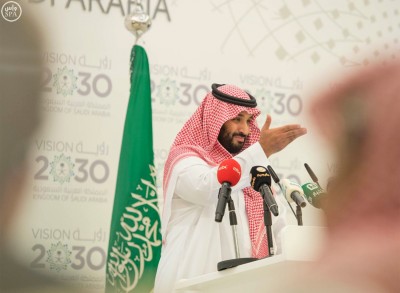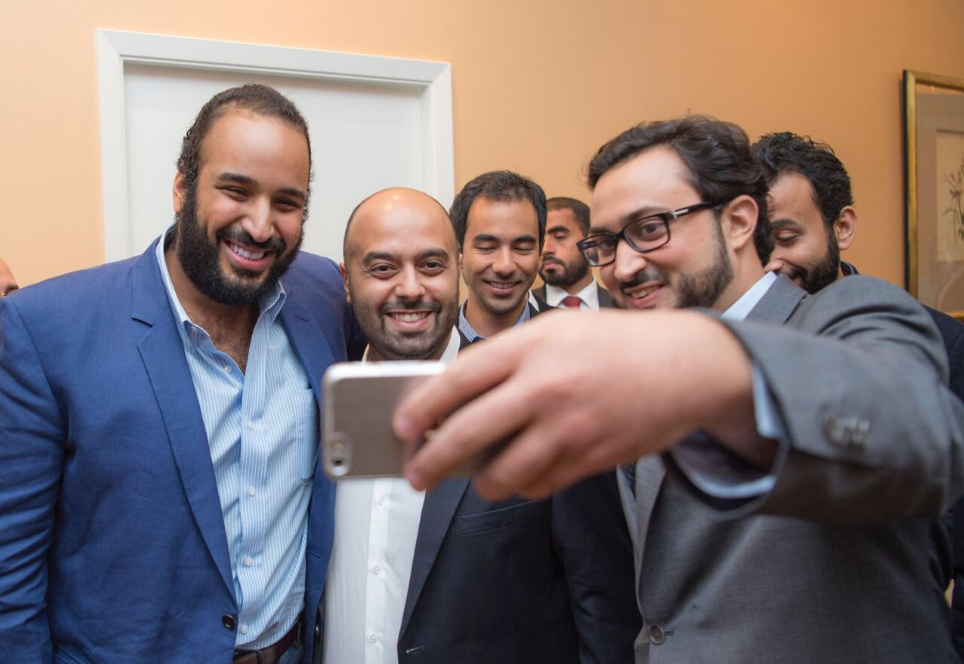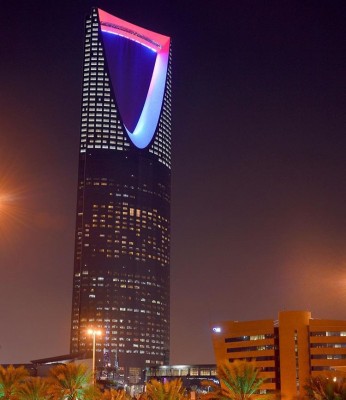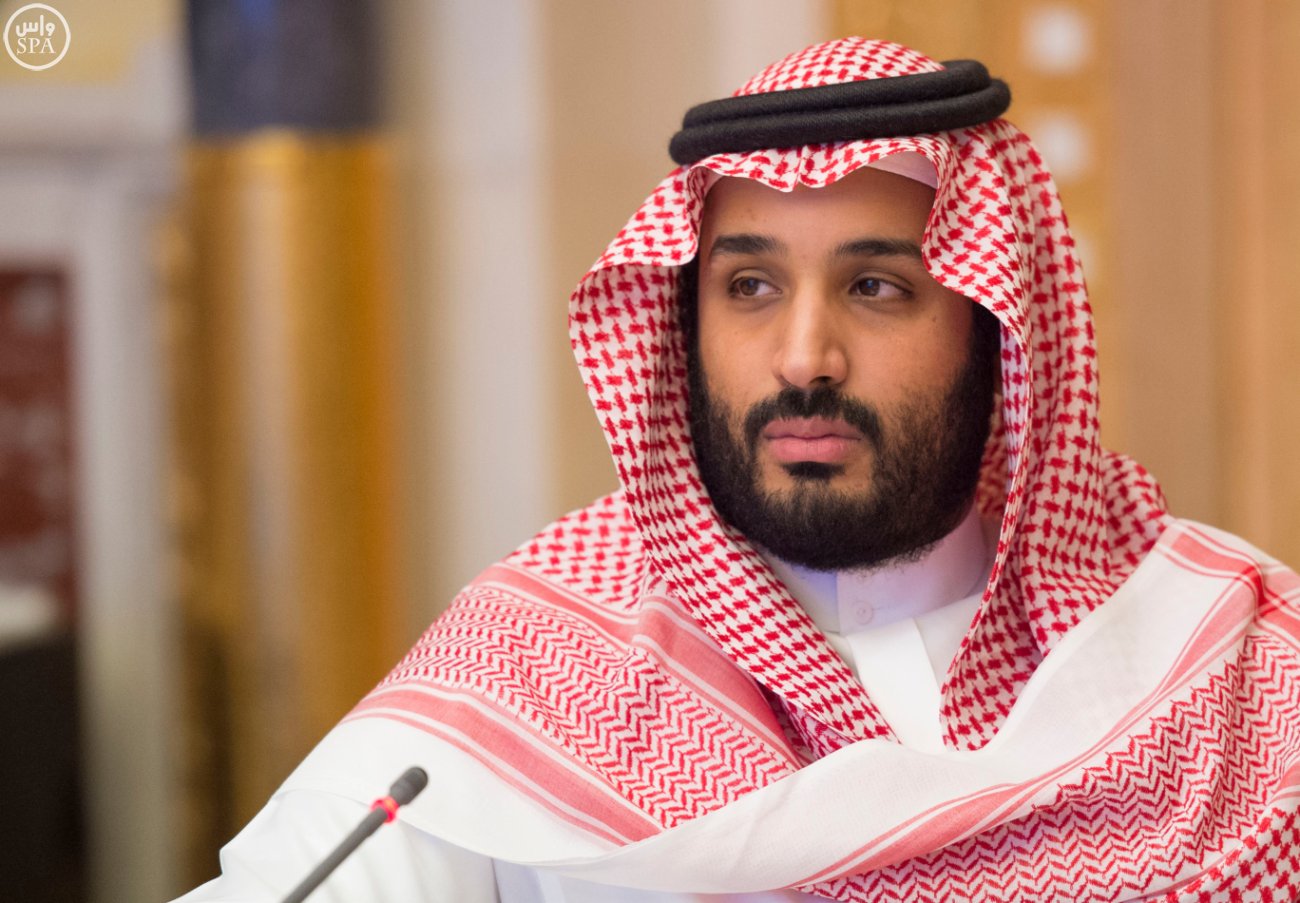As part of its ongoing drive to reduce government spending Saudi Arabia announced that it will suspend pay increases for public sector employees and slash Minister-level pay and benefits, sending a message that all Saudis will share in the sacrifice as tries to balance its budget and diversify its economy away from oil.
The decision by the Saudi cabinet to cut the salaries of ministers by 20 percent also extends to governors and their deputies, including princes from the royal family, reports say. The government also slashed benefits of members of Saudi Arabia’s 150-member Shoura Council.

Deputy Crown Prince Mohammed bin Salman.
The timing of the announcement comes as Saudi Arabia looks to debut its first sovereign bond issue, and to indicate to financial markets that it is committed to its Vision 2030 plan and the necessary budget discipline needed to execute it.
Middle-income Saudis have already felt the pinch of economic reform as the cost of living rises for a part of society long insulated from such problems, the Wall Street Journal and others have reported. With the phaseout of subsidies, Saudi consumers in major cities have become “more conscious about their spending in recent months,” Areej al-Aqel, from Sown Advisory, told the WSJ.
Low oil prices have provided the impetus for Saudi Arabia to move ahead with wage and subsidy adjustments that have been avoided in the past. These steps may impact the traditional social contract between citizens and the government – which has provided cradle-to-grave benefits for most middle class Saudis – and potentially lead to new freedoms along with new responsibilities for Saudis.

Saudi youth with Deputy Crown Prince Mohammed bin Salman.
A recently released report that ranks the competitiveness of global economies found that Saudi Arabia was 3rd overall in the Arab world, and 29th globally. The Kingdom was ranked four spots higher last year, at 25th overall, in the World Economic Forum’s Global Competitiveness Report 2016-2017, which was released on Tuesday.
Although public sector employees and their leadership will feel a pinch from the new salary cuts, these measures may encourage more Saudis to seek out employment in the private sector. A Gallup poll released in August of 2015 found that Saudis largely favor jobs in the government over the private sector, which may change as the private sector upside for job-seekers becomes more attractive.

Middle-income Saudis have already felt the pinch of economic reform.
“The primary reason for Saudis preferring a job in the public sector is perceived job stability. About seven in 10 Saudi nationals (71%) say that the statement “provides stable jobs” applies mostly to the public sector, compared with 25% who say this mostly applies to the private sector,” Gallup found. “A majority of Saudis (55%) associate the private sector with offering attractive salaries, compared with 36% of Saudis who link this with the government sector.”
Ongoing reforms are closely tied with Saudi Arabia’s Deputy Crown Prince, Mohammed Bin Salman. The youngest son of King Salman has branded these changes as necessary and prudent – especially to the Kingdom’s booming youth population. Success will hinge on whether this large, increasingly well-educated demographic buys-in to the Kingdom’s reforms over the long haul. The recently announced National Transformation Program (NTP) is set to be fully in place by just 2020, but the benefits of Vision 2030 – which require sacrifices now – are still a long way off for most Saudis.









